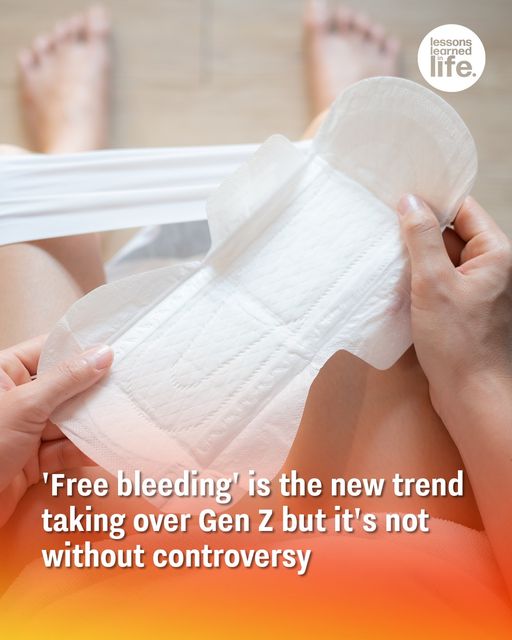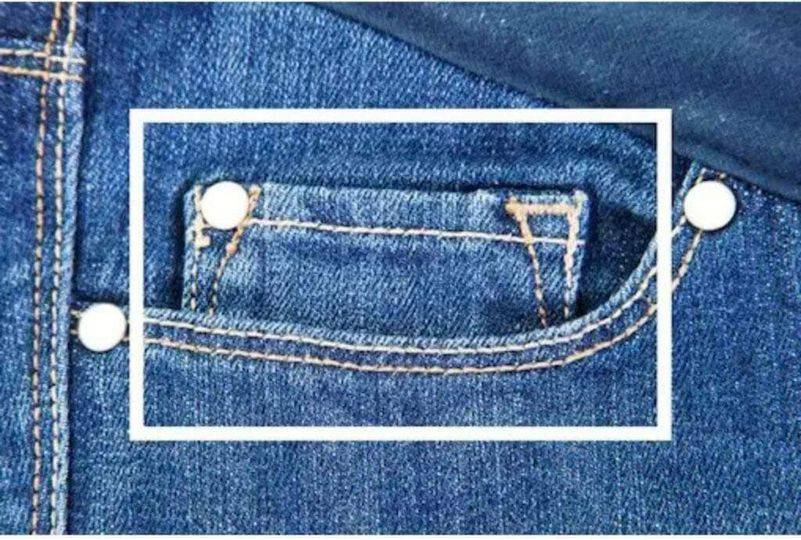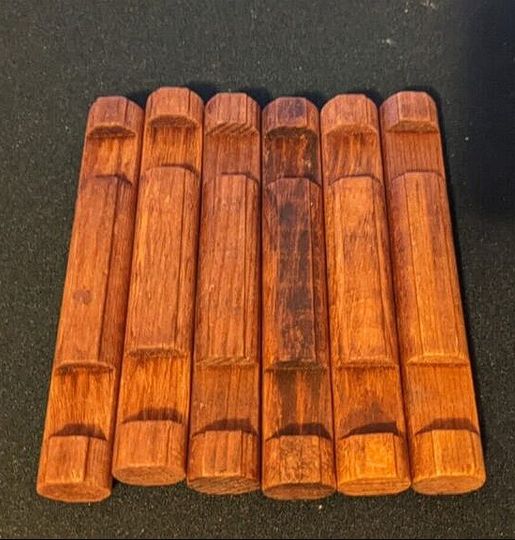Free bleeding – the act of menstruating without using tampons, pads, menstrual cups, or any products designed to absorb the flow – is gaining traction among younger generations, particularly Gen Z. The reasons behind this choice are quite compelling.
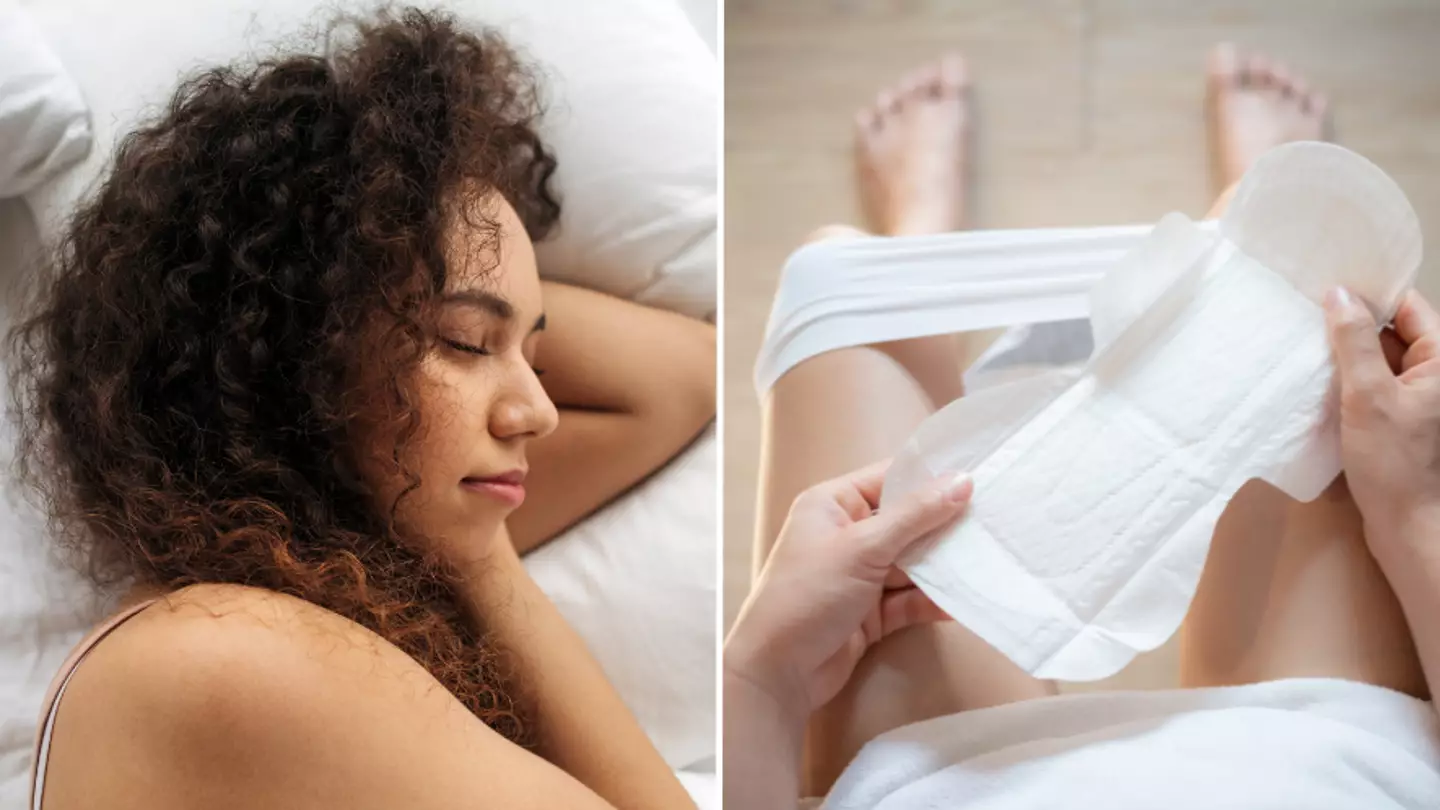
Going with the Flow: The Rise of Free Bleeding
People are choosing to embrace their natural menstruation cycle without additional products for a variety of reasons. These range from personal comfort and health to environmental concerns and social movements.
Despite the autonomy of choosing how to manage one’s period, free bleeding continues to be a polarizing topic. Some find liberation and empowerment in it, while others see it as controversial.
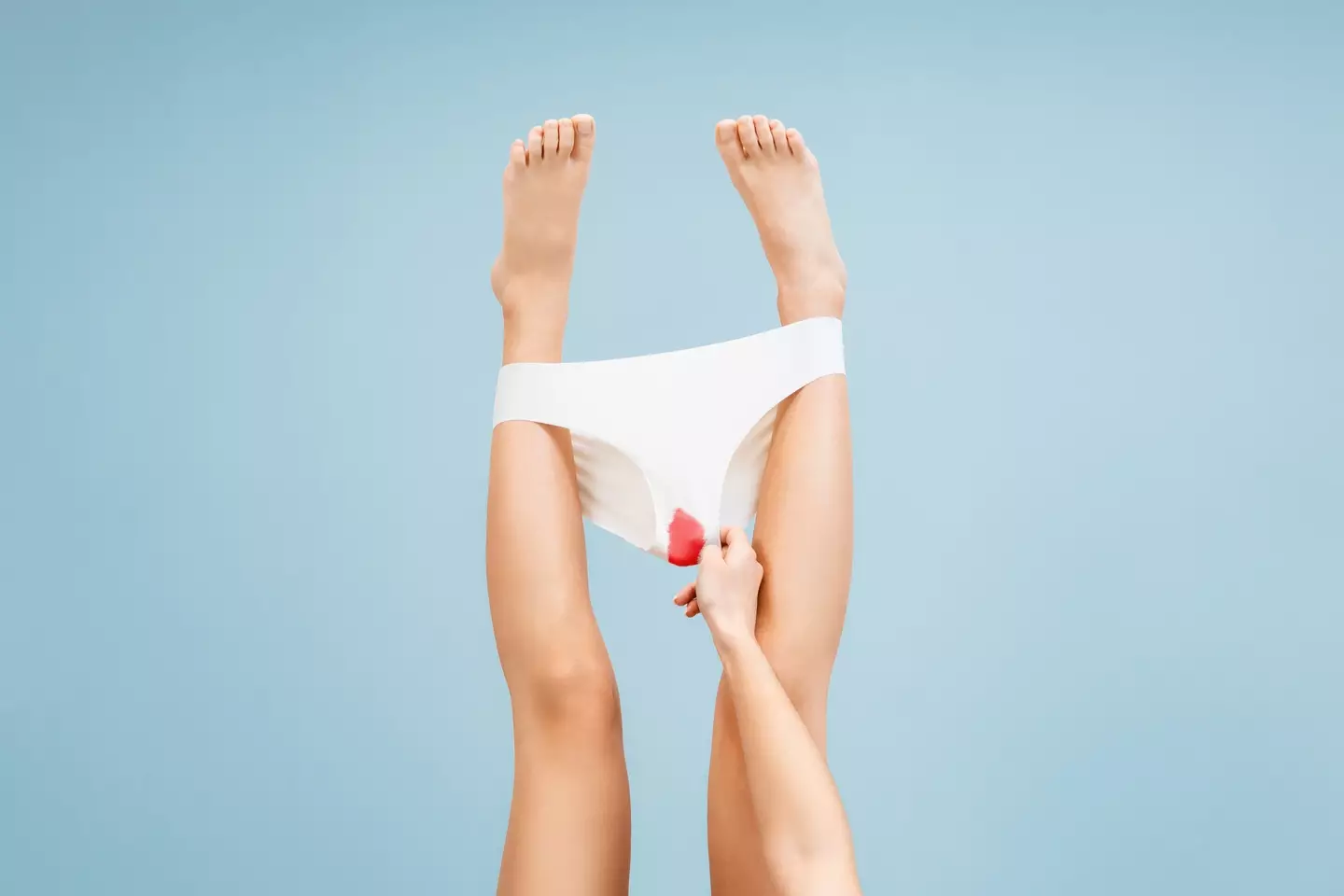
Historical Context of Free Bleeding
Throughout history, individuals have embraced free bleeding for various reasons, including resisting patriarchal norms, protesting the high cost of period products, and raising awareness about the environmental impact of disposable sanitary products. In 2015, Kiran Gandhi famously ran the London Marathon while free bleeding to challenge period secrecy and taboos.
The Controversy Surrounding Free Bleeding
Kiran Gandhi’s act of free bleeding during the marathon garnered both support and significant backlash. Some critics, like journalist James Delingpole, suggested her decision was influenced by online hoaxes, specifically pointing to the chatroom 4chan’s attempts to undermine feminist movements through ‘Operation Free Bleeding’.
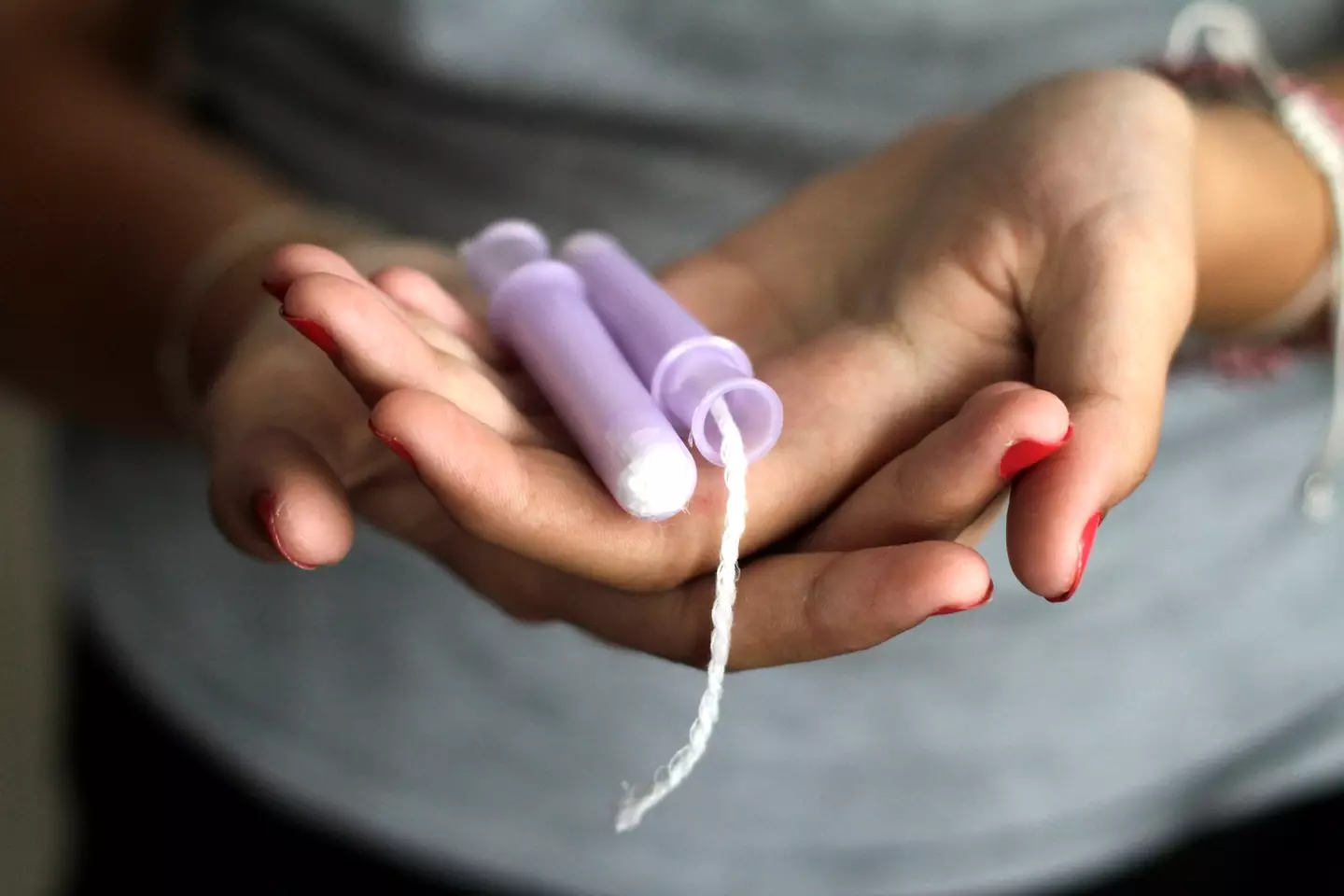
Origins of Free Bleeding
Free bleeding gained more attention in the 1970s due to concerns about Toxic Shock Syndrome (TSS), a rare but serious infection associated with tampon use. It’s important to be aware of these health risks while managing menstrual hygiene.
Following her experience in the marathon, Gandhi highlighted in her writings how the silence surrounding menstruation leads women to believe their natural bodily functions are not important. This belief prompted her to begin free bleeding.
Social Media and the Renewed Interest in Free Bleeding
Today, social media platforms show many people embracing free bleeding. Posts vary from individuals proudly sharing their personal experiences to others expressing their newfound sense of liberation and body positivity.
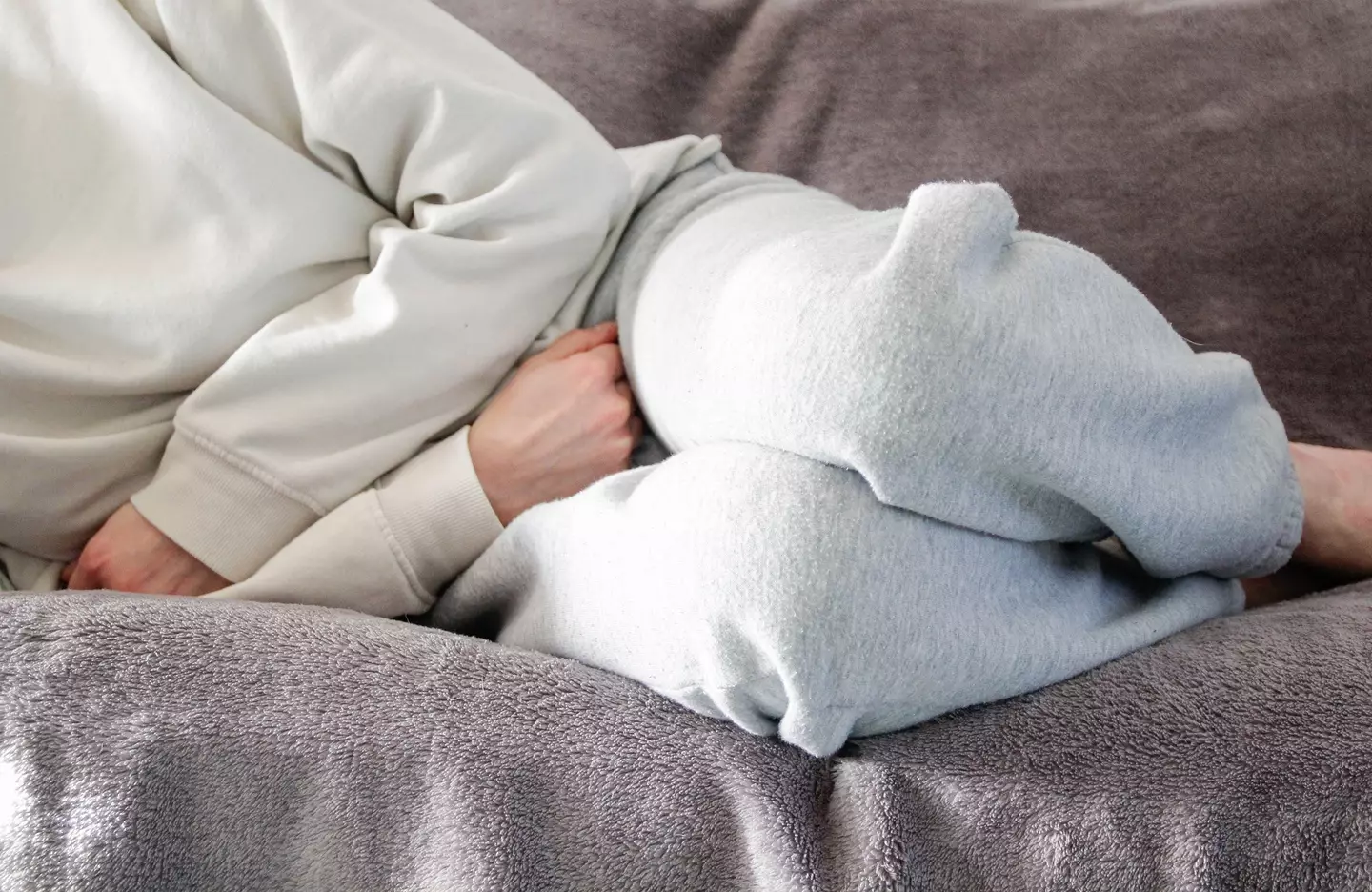
For those who feel free bleeding might be too challenging, alternatives like ‘period pants’ have emerged. These specialized underwear can comfortably absorb menstrual blood without the need for other products, providing a middle ground for those looking for comfort without fully embracing free bleeding.
Benefits and Potential Risks of Free Bleeding
There are several reported benefits to free bleeding including potential savings, reduced cramps, and avoiding exposure to potentially harmful substances found in some tampons. However, proper hygiene practices are crucial as period blood can carry viruses. According to Healthline, viruses like hepatitis C can survive outside the body for up to three weeks, while hepatitis B can remain viable for at least seven days.
Embracing your natural menstrual cycle, whether through free bleeding or other alternatives, is a personal choice and every individual’s comfort and health should always come first.
